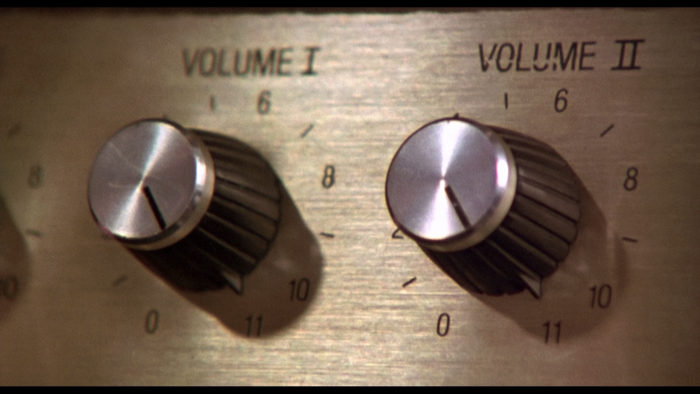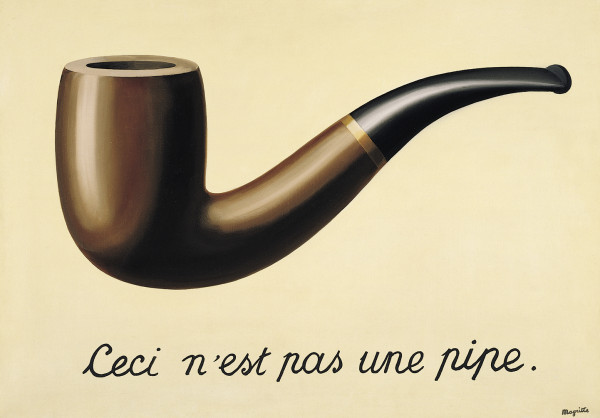From Adam:
I suppose there are varying versions of nihilism, which bears my question: how does a nihilist live if he questions his own existence and the existence of all things around him? I know the definition of existence could be debated, but I mean it in the literal physical sense.
You are right to dispense with wordplay. We know what existence is: the literal portion of life, on the same level as that which makes us die, and what most people spend most of their lives in denying.
This literality terrifies people. Is this all?
I suggest we bypass this question. Life is consistent; whether it is data, or physicality, or some hybrid of the two, it is logical. For this reason, I suggest we take it seriously. It is consistent, both internally and externally, and it speaks a language to us that reveals the composition of the universe.
I doubt everything. At the same time, that which is logical I do not doubt. Otherwise, I succumb to the randomness found within the human mind, not within the (superior design of the) world.
Hopefully that helps. This path is like all others worth traveling, esoteric: every level is babble until the previous level is mastered.
35 CommentsTags: Hate Mail, news, Nihilism, Philosophy










